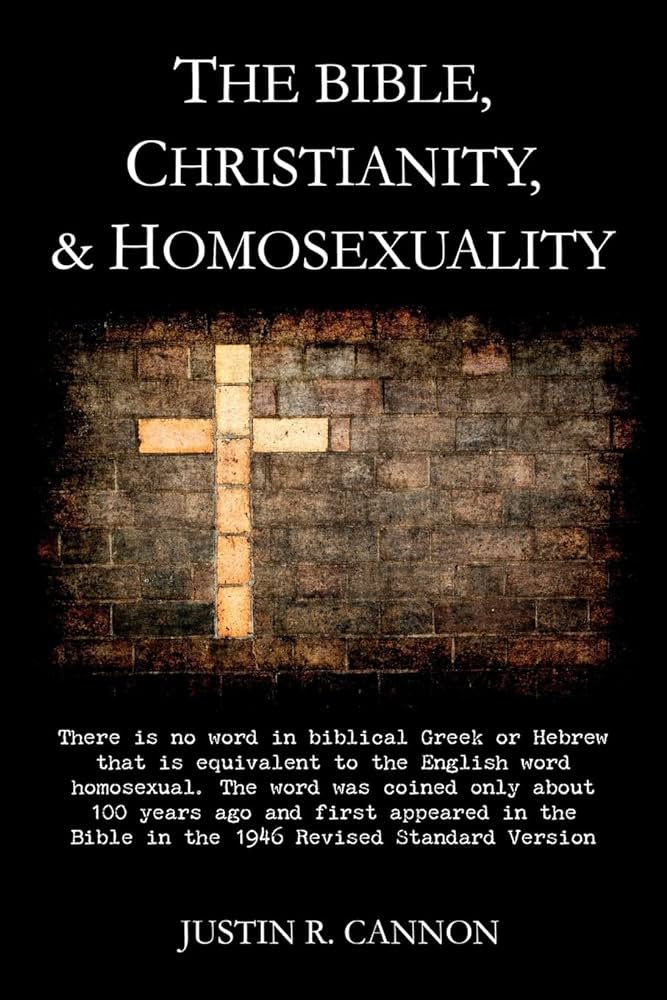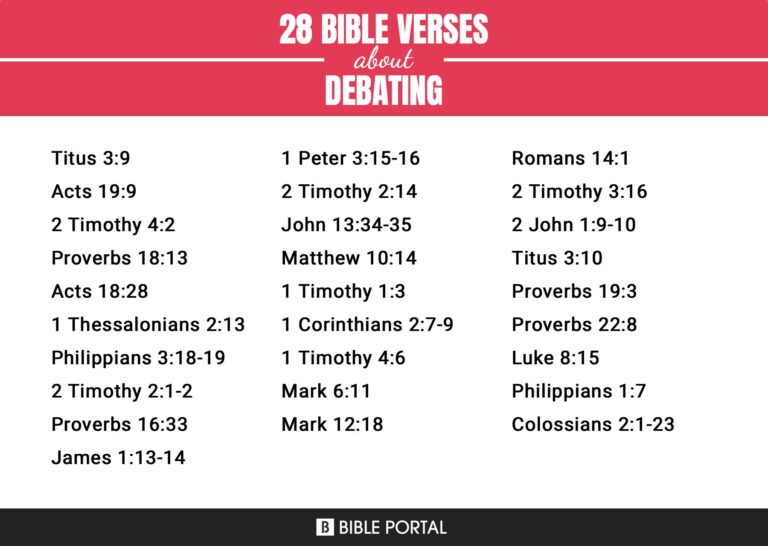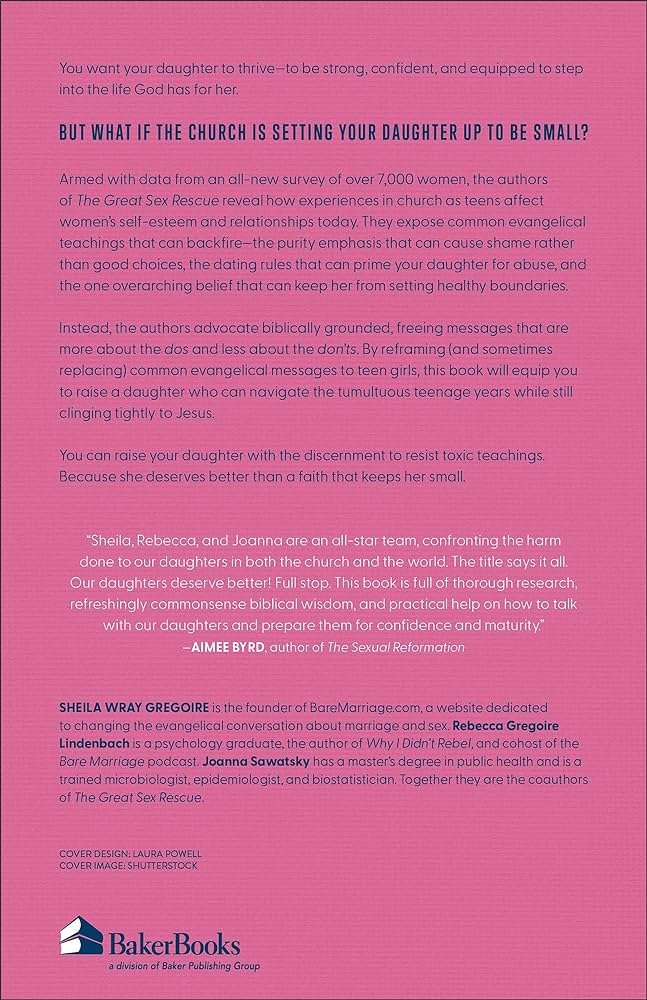What the Bible Says About Lesbianism: Understanding the Biblical Perspective
The Bible does not specifically mention lesbianism, but it does condemn sexual immorality and inappropriate sexual behavior.
The Bible’s Perspective On Lesbianism
One of the most frequently debated topics in Christianity is the Bible’s perspective on lesbianism. As a religious text that guides the lives of millions, understanding its stance on this issue is important to many individuals. Let’s explore the biblical view on lesbianism and the key passages that address it.
Understanding The Biblical View
The Bible is a sacred text comprising various books written by different authors over hundreds of years. It is essential to approach its teachings with proper context and interpretation. Biblical scholars argue that the Bible does not explicitly mention lesbianism as a distinct sexual orientation.
However, the Bible upholds the sanctity of marriage as a union between a man and a woman. This foundational principle has been interpreted by some to suggest that same-sex relationships, including lesbian relationships, are contrary to God’s design for human sexuality.
Key Biblical Passages Related To Lesbianism
While the Bible may not address lesbianism explicitly, several passages have been interpreted as referring to same-sex relationships in general. Here are a few key verses often discussed:
- Genesis 19:5 – The story of Sodom and Gomorrah is often cited as evidence of God’s disapproval of same-sex relationships.
- Romans 1:26-27 – This passage is frequently referenced in discussions about homosexuality and is interpreted by some as condemning all same-sex relationships.
- Leviticus 18:22 – This verse is part of the Old Testament law and is often quoted to argue against same-sex relationships.
- 1 Corinthians 6:9-10 – This passage lists various sins, including some that could be interpreted as referring to same-sex relationships.
It’s important to note that interpretations of these verses vary among different Christian denominations and scholars. Some argue for a broader understanding of these passages, considering cultural contexts and the overarching message of love and acceptance found in the Bible.
In conclusion, while the Bible does not explicitly mention lesbianism, it has been interpreted by many to implicitly disapprove of same-sex relationships. Understanding the various interpretations is crucial in engaging in respectful and informed conversations about this topic within a religious context.

Credit: www.hrc.org
Interpretations Of The Bible’s Perspective
The Bible does not mention the topic of lesbianism explicitly, but it does discuss sexual immorality and impurity. It advises believers to abstain from all forms of sexual immorality and to live in accordance with God’s commands.
Diverse Interpretations Within Christianity
Within Christianity, there are diverse interpretations of what the Bible says about lesbianism. Different denominations and individual believers may have varying perspectives on this topic. Some interpret the biblical passages as condemning same-sex relationships, while others argue for a more inclusive and affirming approach. These interpretations often stem from differences in biblical hermeneutics, cultural context, and theological beliefs. It is essential to understand that no single interpretation can encompass the entire Christian understanding of lesbianism.
Controversial Verses And Their Interpretations
There are several verses in the Bible that are often cited in discussions about lesbianism. Let us explore some of these verses and the diverse interpretations surrounding them:
1. Genesis 19:5: This verse tells the story of the destruction of Sodom and Gomorrah and is frequently referenced in discussions about homosexuality. Some interpret it as a condemnation of same-sex relationships, including lesbianism. Others argue that the sin in this context was inhospitality and lack of compassion rather than homosexuality itself.
2. Leviticus 18:22: This verse states, “You shall not lie with a woman as with a man; it is an abomination.” For many believers, this verse is seen as a clear prohibition of lesbian relationships. However, it is important to consider this verse within its historical and cultural context. Interpreters differ on whether this prohibition is applicable to all time periods or only to the Israelites of that specific era.
3. Romans 1:26-27: These verses are often cited in discussions about homosexuality, including lesbianism. They describe same-sex sexual activity as “unnatural” and a consequence of human rebellion against God. Some interpret these verses as a universal condemnation of all same-sex relationships, while others argue that the focus is on idolatry and excessive sexual behavior rather than the innate sexual orientation of individuals.
It is important to recognize that these interpretations are not exhaustive and that there are other biblical passages that are also relevant to understanding the Bible’s perspective on lesbianism. Christians with different theological perspectives will prioritize and interpret these verses differently, leading to a wide range of opinions within the Christian community. Ultimately, engaging in respectful dialogue and studying the Bible in its entirety can help foster a deeper understanding of its teachings on this complex topic.
Discussions And Debates
The Bible provides guidance on various topics, including lesbianism. It emphasizes the importance of sexual purity and discourages engaging in any form of sexual immorality, including same-sex relationships. Christians often interpret these teachings differently, leading to ongoing discussions and debates on the topic.
Modern Debates On The Bible And Homosexuality
Discussions and debates surrounding the topic of homosexuality in relation to the Bible have been ongoing for centuries. As society evolves and becomes more accepting of diverse sexual orientations, these debates have gained significant attention and sparked fervent discussions among religious scholars, theologians, and believers. People are seeking to reconcile their faith with their understanding of LGBTQ+ rights and equality. One key aspect of these discussions is how different Christian denominations interpret and apply biblical teachings to issues of homosexuality.
Different Christian Denominational Perspectives
Christian denominations vary in their interpretations of biblical passages related to homosexuality. While some Christians view same-sex relationships as sinful and incompatible with biblical teachings, others embrace LGBTQ+ individuals and affirm their relationships as valid and blessed by God. Here are a few denominational perspectives:
- The Roman Catholic Church: The Catholic Church teaches that homosexual acts are intrinsically disordered, but individuals with same-sex attractions are called to live a life of celibacy.
- The Protestant perspectives: Various Protestant denominations hold differing views on homosexuality. Some conservative denominations view it as sinful, while others affirm and support LGBTQ+ individuals within their congregations.
- The United Church of Christ: The United Church of Christ is known for its inclusive stance on sexual orientation. It fully affirms LGBTQ+ individuals and supports same-sex marriage within its congregations.
These are just a few examples of the diverse perspectives within Christianity. It is important to note that individual interpretations may also vary within each denomination.

Credit: firstrunfeatures.com
Supportive And Progressive Views
Inclusive Interpretations Of Biblical Teachings
The inclusion of LGBT individuals in the Christian community is a subject of significant theological debate. Some scholars and religious leaders propose inclusive interpretations of biblical teachings in support of lesbianism. They emphasize love, compassion, and the acceptance of all individuals, regardless of sexual orientation, as central themes in the Bible.
Christian Lgbt-affirming Movements
Christian LGBT-affirming movements advocate for the full inclusion and affirmation of lesbian, gay, bisexual, and transgender individuals in the church. These movements strive to foster an environment of acceptance and understanding within the Christian community. They interpret biblical passages in a way that promotes equality and insists that God’s love extends to all individuals, including those who identify as lesbian.
Reconciliation And Understanding
In understanding the topic of lesbianism from a biblical perspective, it is important to approach this sensitive issue with a spirit of reconciliation and empathy. While individual beliefs may differ, promoting understanding and respect for one another can foster meaningful dialogue and compassion in our communities. This is especially crucial when discussing matters deeply rooted in personal faith and identity.
Navigating Personal Beliefs And Respect For Others
When exploring what the Bible says about lesbianism, individuals often grapple with reconciling their personal beliefs with their interactions with those who may identify as lesbians. It is imperative to approach these discussions with respect for differing viewpoints, understanding that everyone’s journey of faith and interpretation of scripture is unique.
Promoting Dialogue And Compassion
Engaging in open and honest dialogue about lesbianism within the context of the Bible can promote a deeper understanding of diverse perspectives. By fostering compassion and empathy, individuals can create an environment where constructive conversations can occur, even amidst differing beliefs.

Credit: www.amazon.com
Frequently Asked Questions For What The Bible Says About Lesbianism
Which Bible Verse Talks About Lesbianism?
The Bible does not explicitly mention lesbianism, but it speaks against sexual immorality and homosexuality. (20 words)
What Does Leviticus 19 28 Say?
Leviticus 19:28 says, “You shall not make any cuts on your body for the dead or tattoo yourselves: I am the Lord. “
What Does The Queen James Bible Say About Homosexuality?
The Queen James Bible does not have specific mention of homosexuality. It is based on interpreted scriptures.
What Does The Bible Have To Say About A Woman?
The Bible does not specifically mention women in a negative context. It speaks of women with respect.
Conclusion
God’s love and acceptance is not bound by anyone’s sexual orientation, including lesbians. The Bible emphasizes that all individuals, regardless of their sexual orientation, are loved and valued by God. It is important to walk with Christ and embrace His teachings, adhering to the principles of love, kindness, and acceptance towards everyone.
Remember, the Bible does not explicitly mention lesbianism, so it is important to interpret its teachings with love and understanding.















